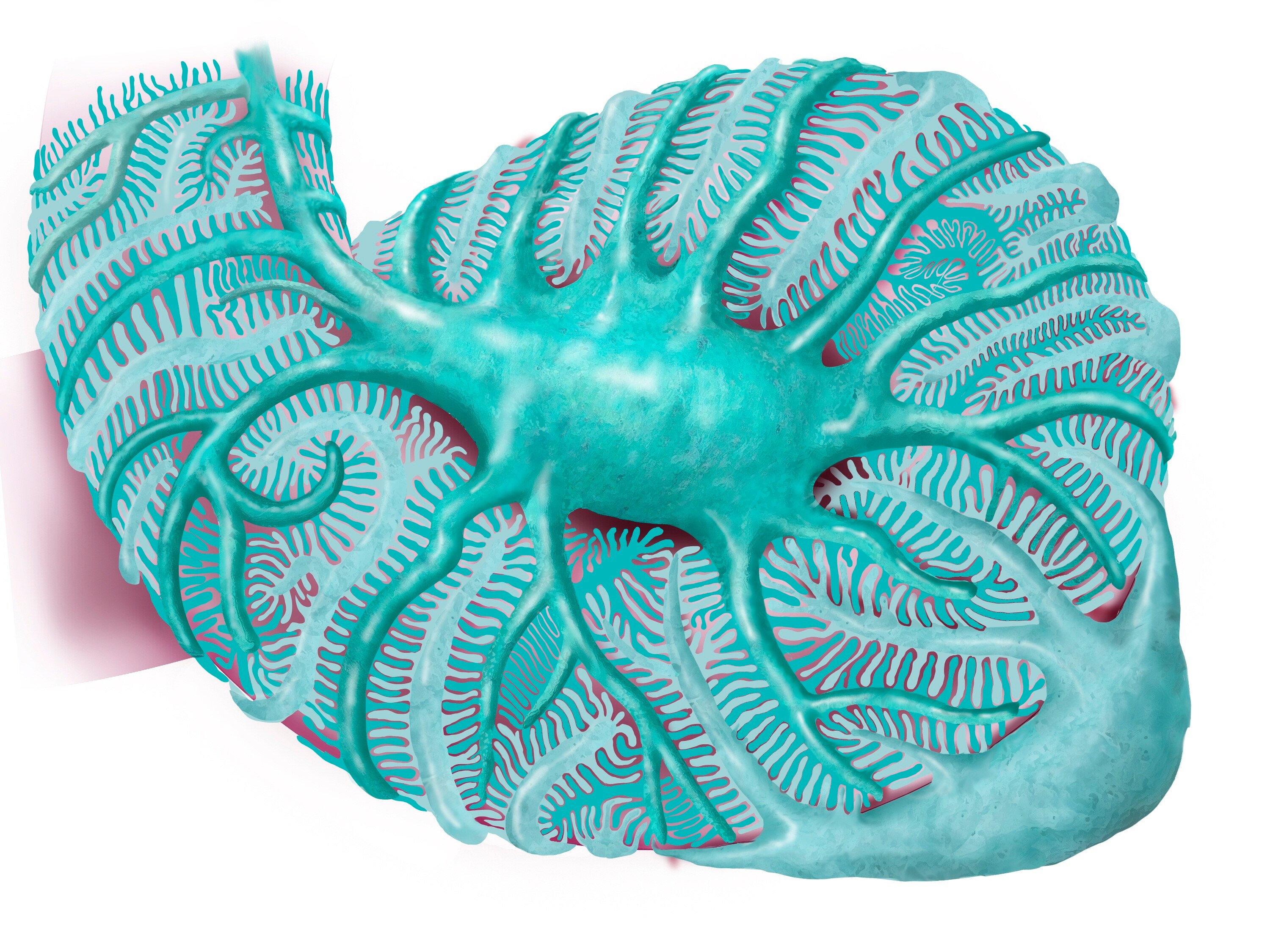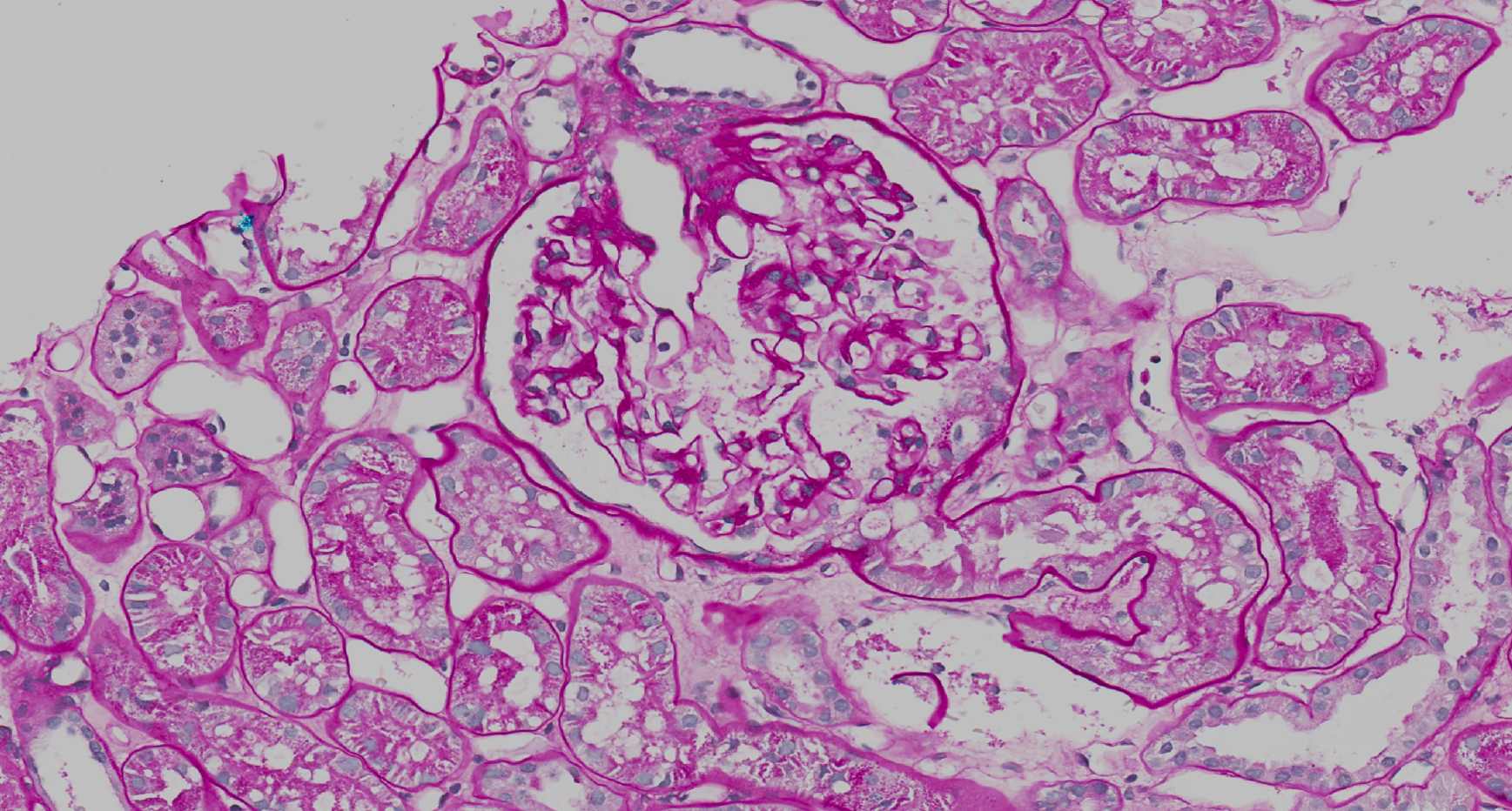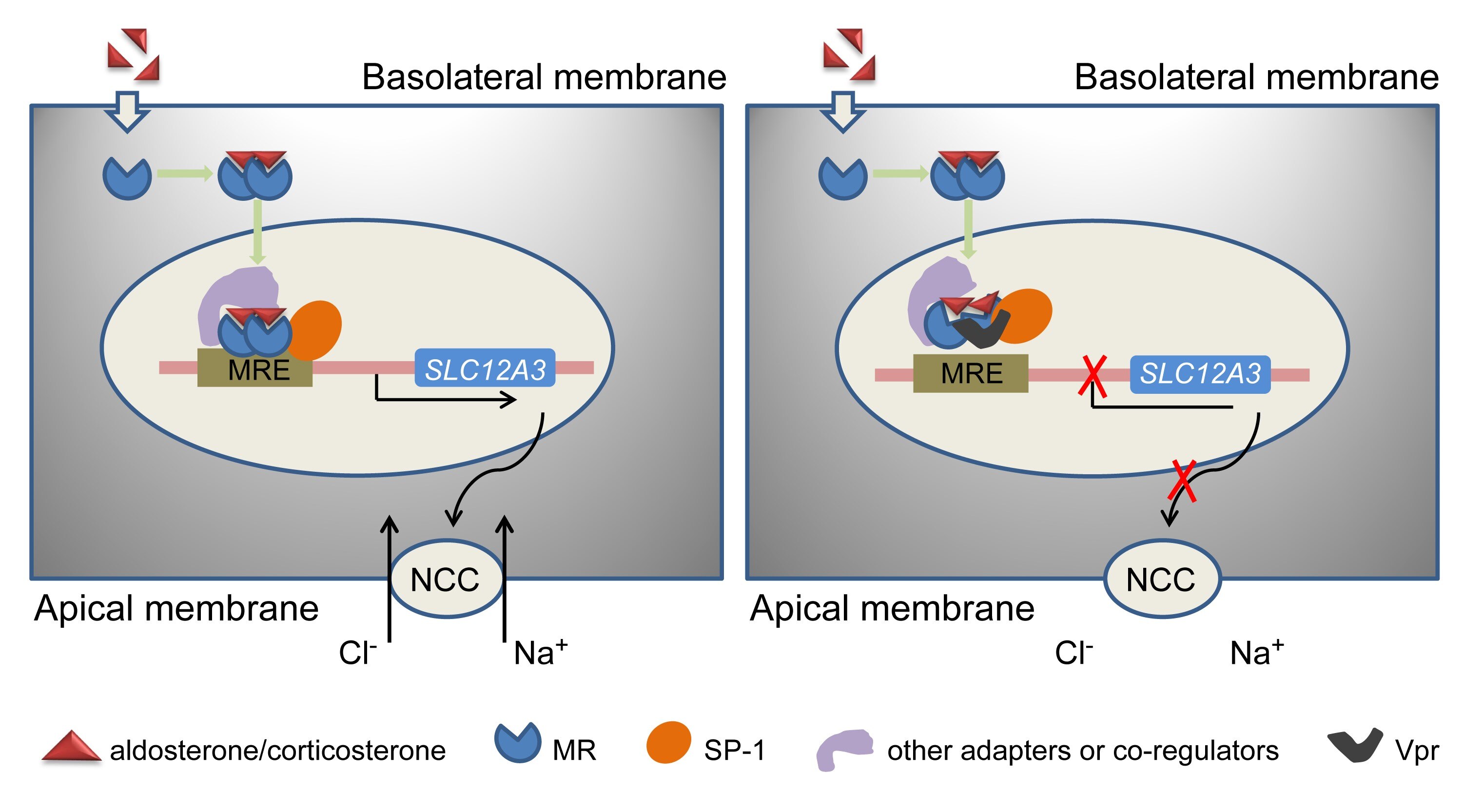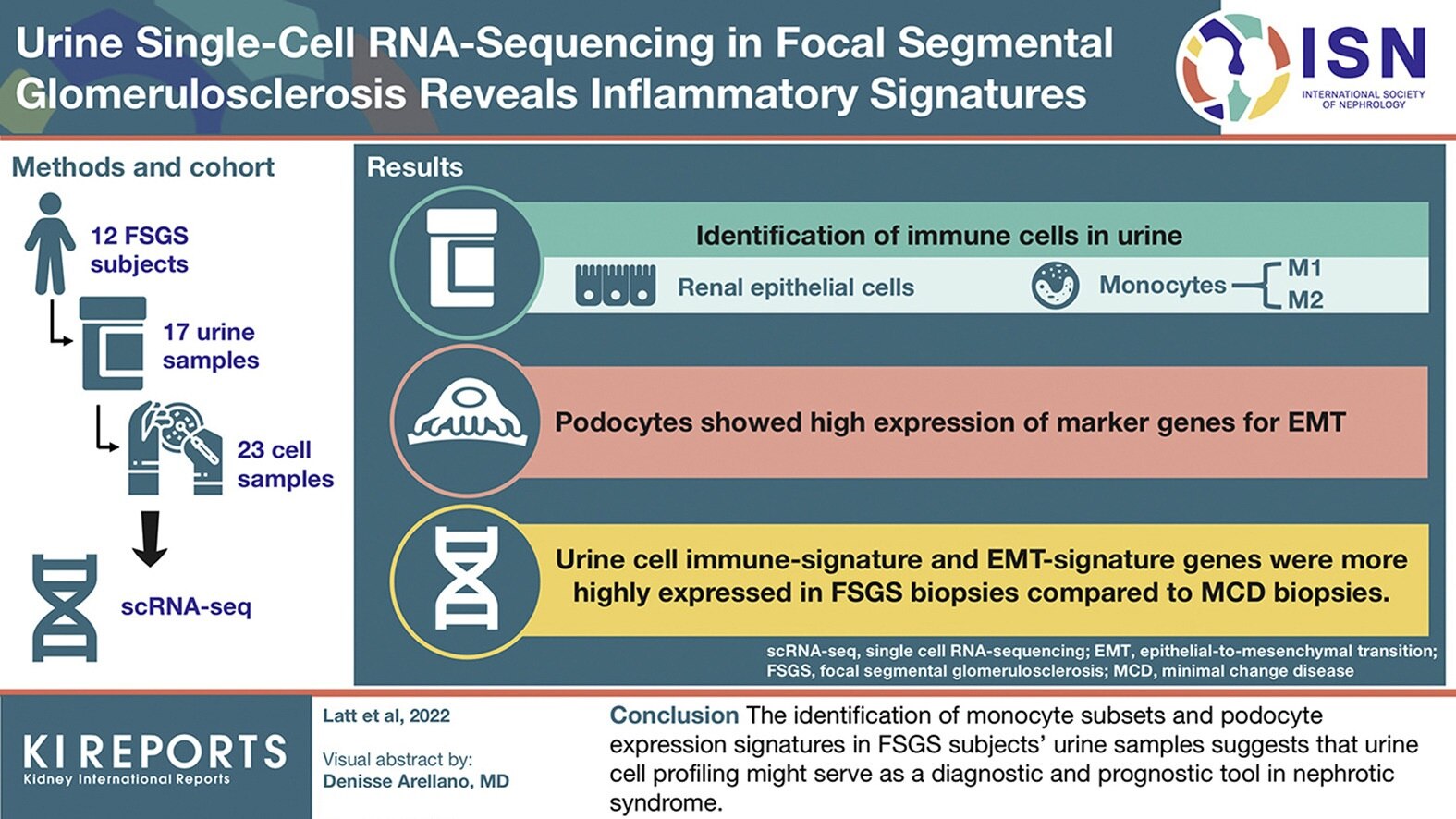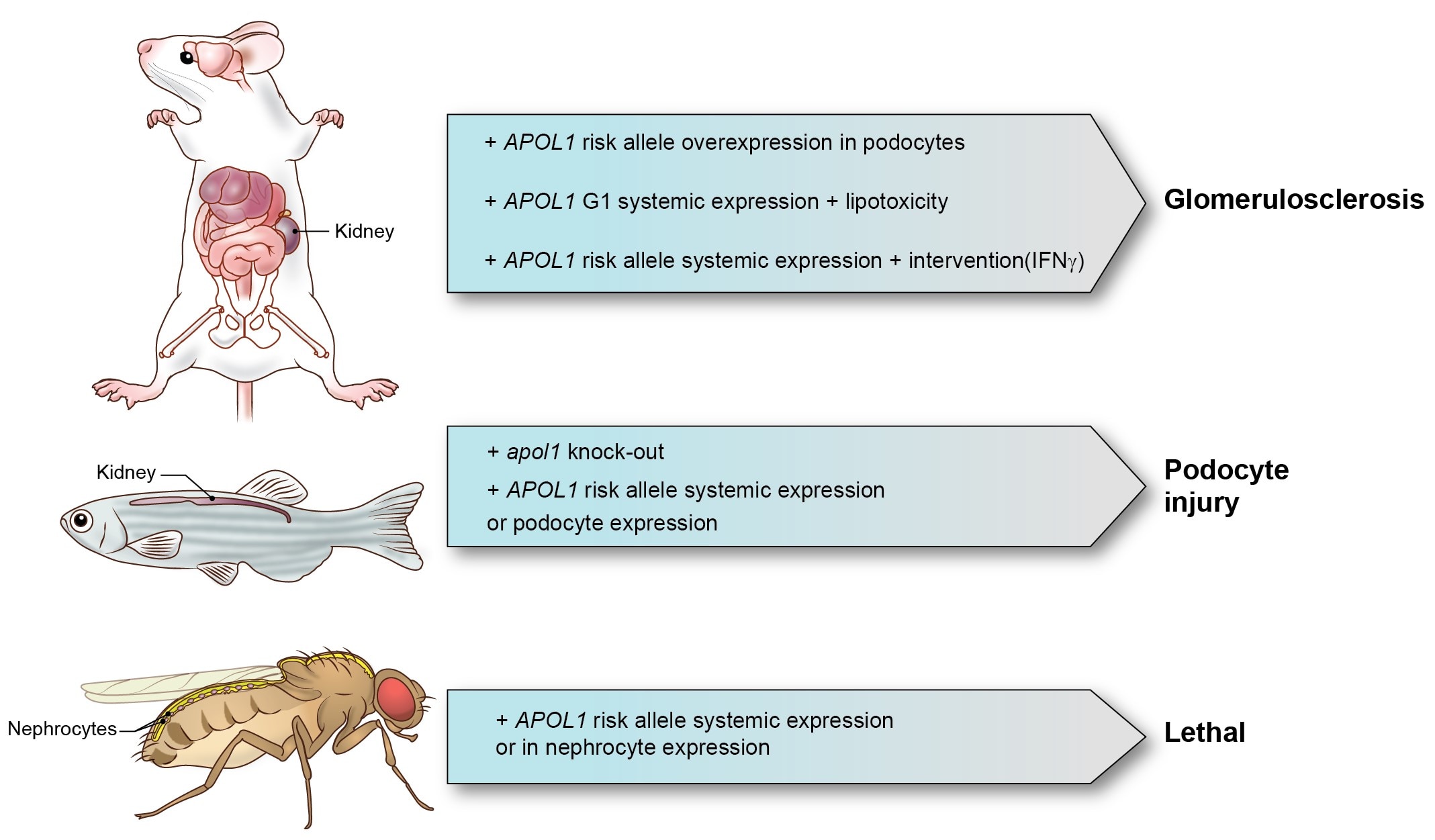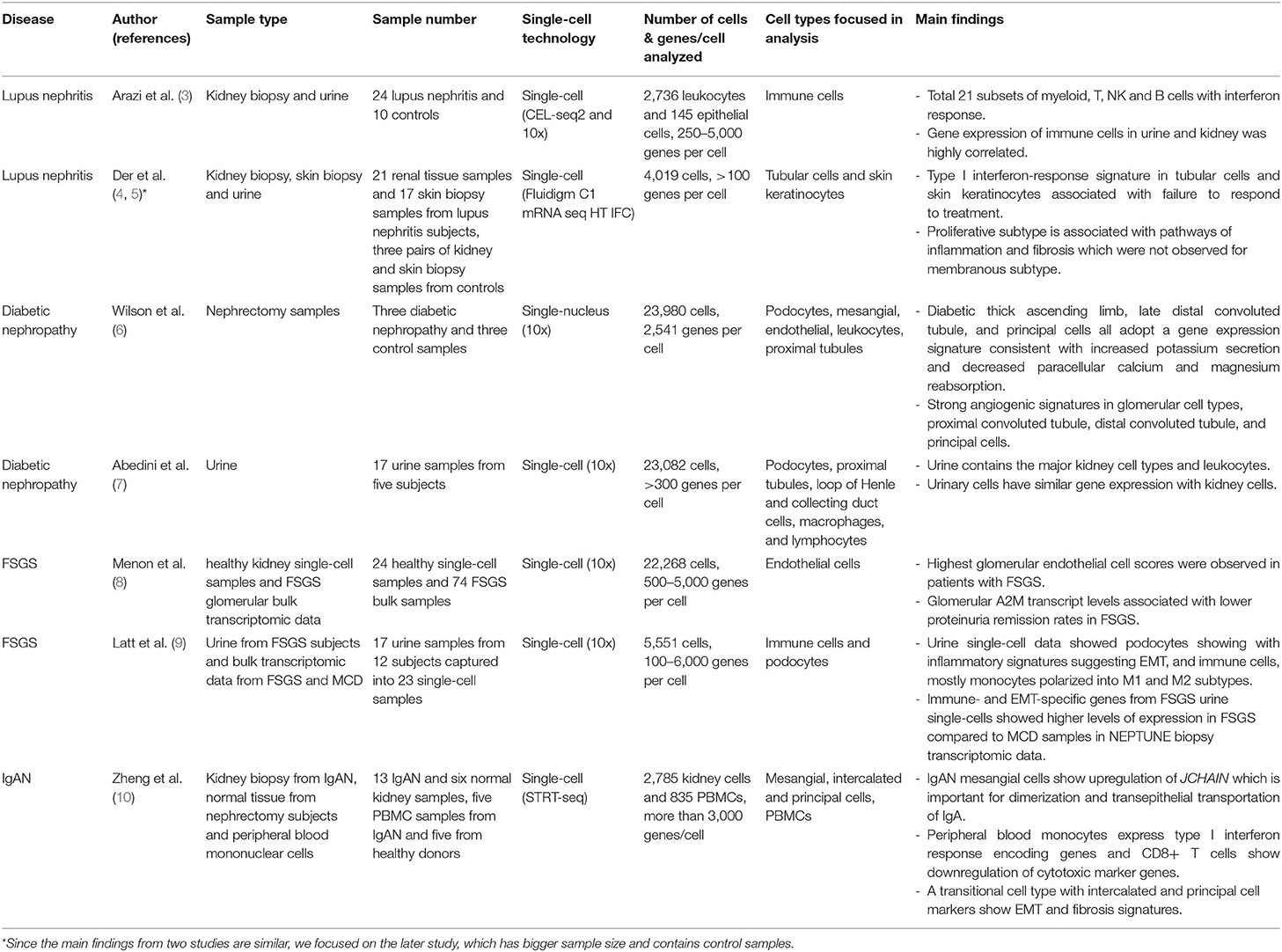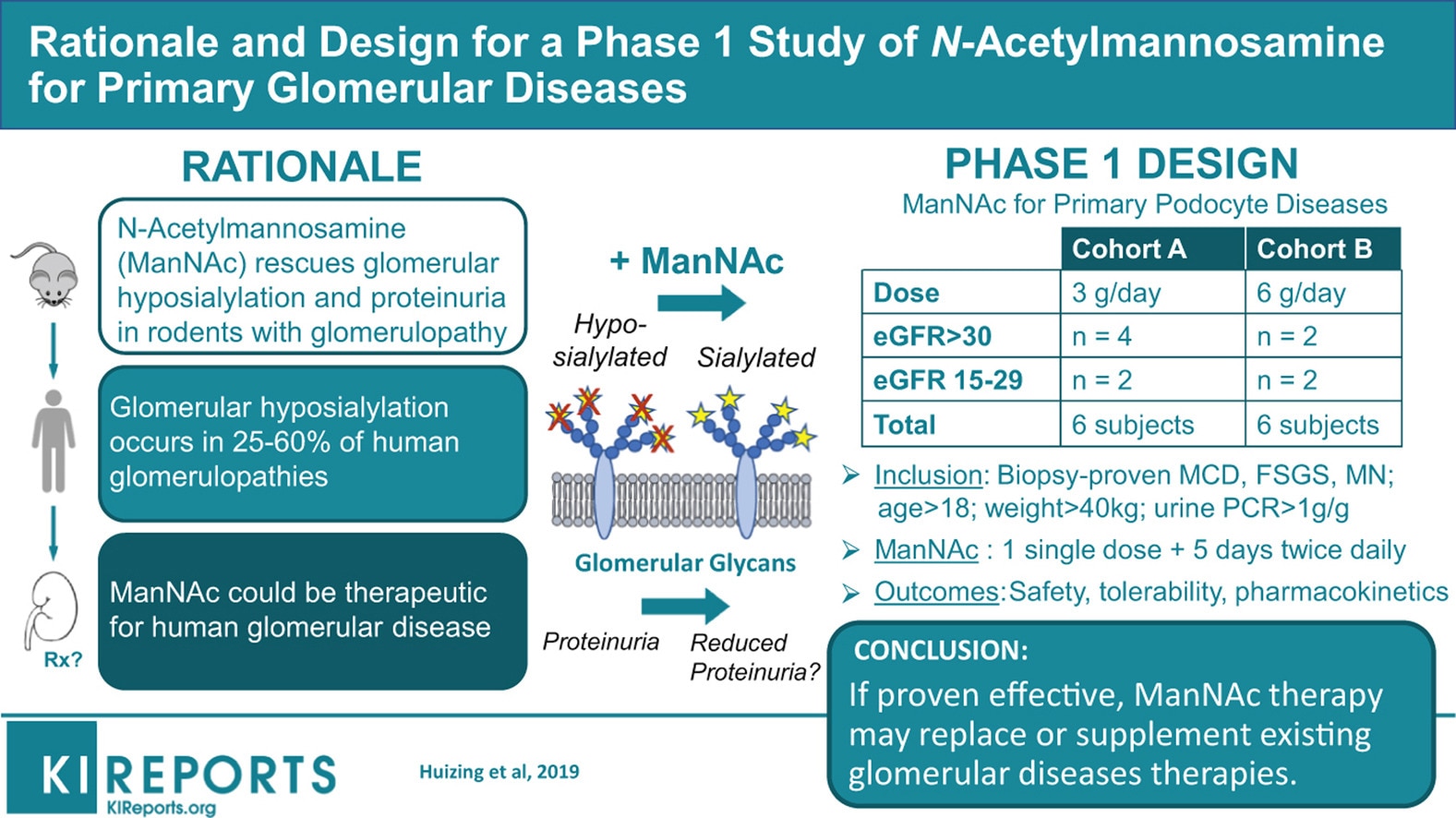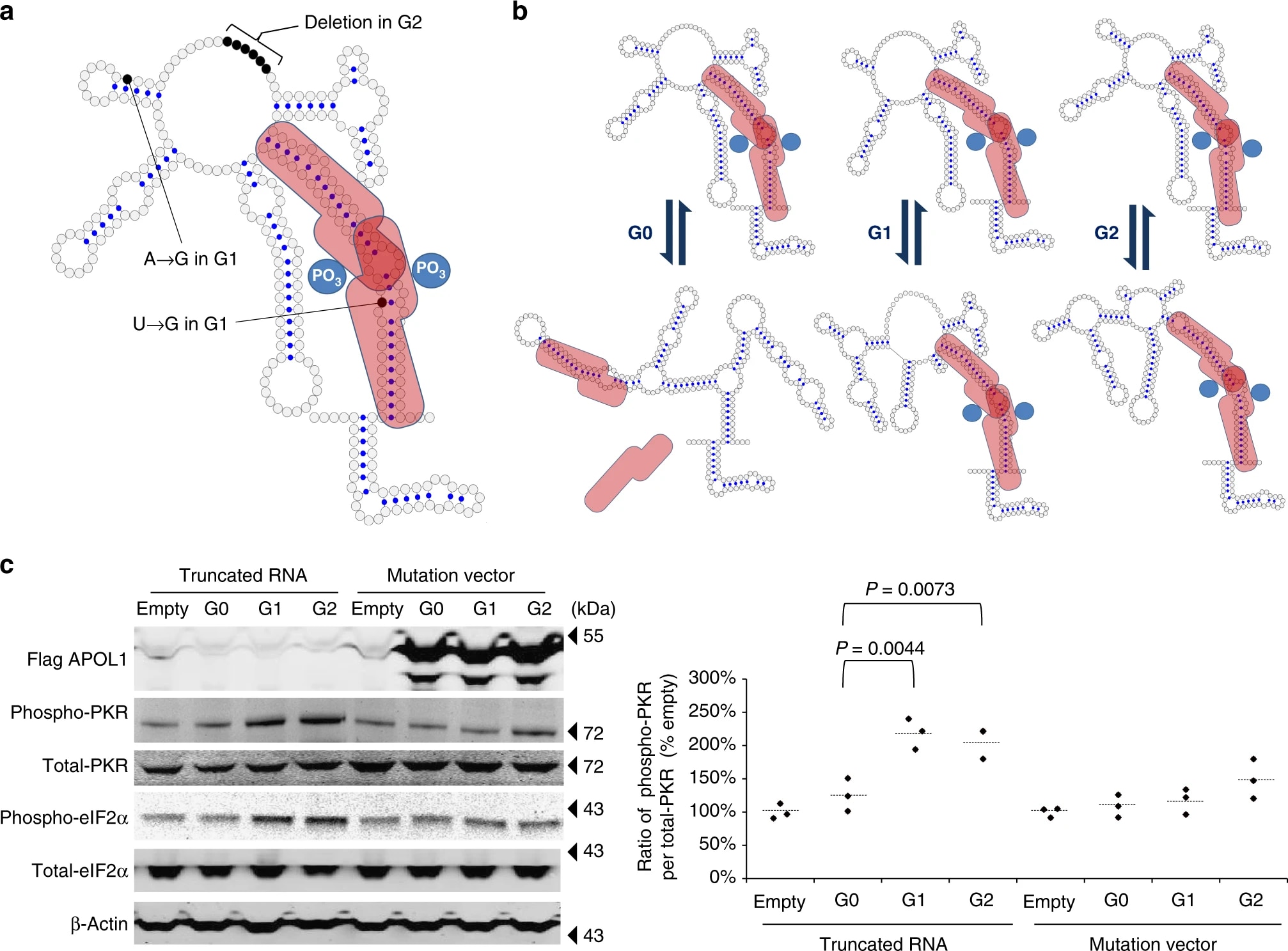About Our Research
The Kidney Disease Section has two missions:
- to provide renal consultation to in-patients and out-patients at the NIH Clinical Research Center, including those with hypertension, fluid and electrolyte disorders, acute kidney injury, and chronic kidney disease
- to conduct studies on pathogenesis and therapy of glomerular disease, with a current concentration on focal segmental glomerulosclerosis and membranous nephropathy
Current Research
The Kidney Disease Section studies various kidney diseases, including lupus nephritis, membranous nephropathy, and the podocyte diseases, particularly focal segmental glomerulosclerosis.
The goal of our research is to find better treatments for glomerular disease that are more effective and less toxic.
Our work on mechanisms and therapy is aimed to improve our ability to diagnose and treat two common kidney diseases, Focal Segmental Glomerulosclerosis (FSGS) and membranous nephropathy, that pose a threat to long-term kidney function.
Research Images
